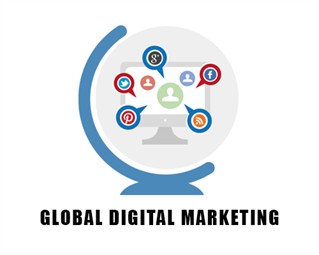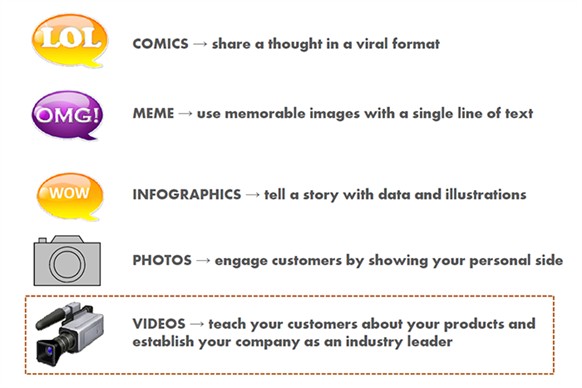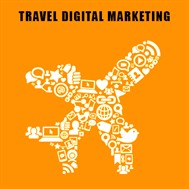Does Your Digital Marketing Have a Global Focus?
Brand Marketing has changed a great deal in just a few short years. Historically, top advertising agencies were able to apply a “one size fits all approach” as they took their North American brand strategies and applied them to global markets. There is an expression, “If you can make it in New York, you can make it anywhere”. But that sentiment is no longer true in a global digital marketing age.

Agencies are adapting their channels and messaging to reach consumers where their attention is heavily focused – on tablets, smartphones and personal computers. Moreover, through global digital media, companies are able to reach all corners of the world faster, and penetrate those markets deeper. And because of this, localizing the brand and message has become even more important. What is good for New York may not be good for New Delhi.
Smart marketers are also taking advantage of new opportunities to reach and engage potential customers. They are doing this through website localization, global SEO and even video. Only a few years ago band-width was a big concern but today video is among the leading web-based marketing tools in virtually every market.
Here are some other ways that companies are creatively reaching their global customers and expanding their brand exposure:

Source: Marketo
The Power of Social Media on Global Digital Marketing
Before:
Brands would tell you that their product is special and consumers would buy into it.
Now:
Consumers are savvier and not as open to accepting what a brand promotes about their product. Engagement with their customers is being sought to get the voice of other consumers to promote the benefits of their product.
Personal online networks have been established. These networks can, and often do, cross international borders. The power of a brand comment, by someone either directly in your network or a degree or two away, can mean much more to a consumer than a television or magazine ad with a famous person promoting the product. One comment can travel the globe in a moment and have significant influence. An endorsement by a famous person may only have value in one or a few markets and cost a great deal of money.
Likewise a negative comment can have just as powerful of an effect in devaluing a brand. Top marketers understand this and have tools/processes/teams in place to look for such negative comments globally to quickly respond and work to repair the negative reflection on the brand. How they handle such comments can either allow them to shine or further devalue the brand.
Analytic Tools and Global Social Media
Analytic tools “listen” to social media networks, blogs, feeds, etc. for negative comments that can be damaging to a brand and positive comments that measure success. Global brands however often focus solely on English feedback and don’t effectively use these analytic tools for global markets. It is equally important for companies to monitor commentary in other languages, not just in English. Analytics should be configured to cover all targeted markets and languages. The benefit is that the marketers can learn more about their global customers and their preferences which can be greatly influenced by geography, culture, etc.
Social Media localization helps a brand reach out to their global customers with a one-to-one response in their language. A localization vendor like GPI can support your local messaging on leading (Twitter, Facebook, etc.) and local social networks.

The Travel Industry and Digital Marketing
The travel industry is a great example of how brands have to pay close attention to online networks and channels to promote and protect their brand globally. It is critical for travel marketers to read and respond to their audience using the right languages.
Hotels have always received positive and negative reviews, but the reviews used to spread by word of mouth. That feedback today is carried around the world with the click of a mouse button and can make a huge impact. Looking at reviews on TripAdvisor, a traveler can immediately decide if a hotel is a good choice based on guest comments and concerns. They can also see how well those concerns have been addressed by the hotel. Smart travel marketers can use this online feedback to their advantage by highlighting positive feedback and responding appropriately to the negative ones in order to preserve their reputation and repair any damage.
